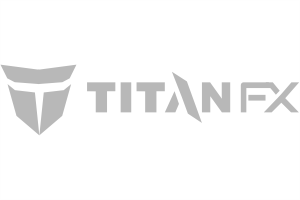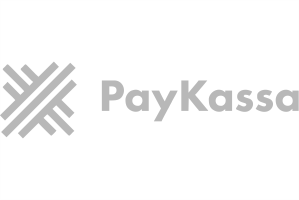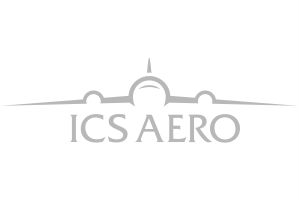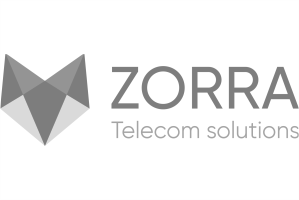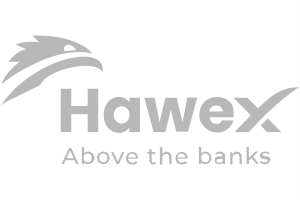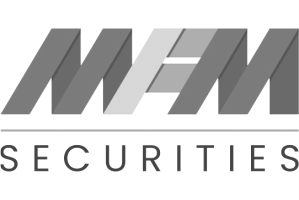| Name of service | Bronze | Silver |
|---|---|---|
 Checking and Reserving a Company Name in the public register of Ghana Verifying the availability and reserving of your preferred company name in the registry
Checking and Reserving a Company Name in the public register of Ghana Verifying the availability and reserving of your preferred company name in the registry
|

|

|
 Registration of a company in the form of Ltd, including state duty Preparation and submission of all required documents and fees to the relevant government authorities for company registration, ensuring a streamlined process for our clients
Registration of a company in the form of Ltd, including state duty Preparation and submission of all required documents and fees to the relevant government authorities for company registration, ensuring a streamlined process for our clients
|

|

|
 Assistance with a TIN number registration Collecting, preparing and filing the necessary documents for TIN number
Assistance with a TIN number registration Collecting, preparing and filing the necessary documents for TIN number
|

|

|
 Certificate of incorporation Provision of international standard certificate of incorporation for your company
Certificate of incorporation Provision of international standard certificate of incorporation for your company
|

|

|
 Company seal Production of the company seal
Company seal Production of the company seal
|

|

|
 Assistance in opening a corporate bank account in the payment system Collection, processing and filing of the documents required for opening a corporate account with a payment system, including consultation of appropriate jurisdiction
Assistance in opening a corporate bank account in the payment system Collection, processing and filing of the documents required for opening a corporate account with a payment system, including consultation of appropriate jurisdiction
|

|

|
 Free consultation We offer a free consultation where you can discuss your needs and questions regarding company registration and management. Our experts will be happy to help you understand the process and provide guidance based on your situation. We are happy to answer your questions and help you make an informed decision about the services you need
Free consultation We offer a free consultation where you can discuss your needs and questions regarding company registration and management. Our experts will be happy to help you understand the process and provide guidance based on your situation. We are happy to answer your questions and help you make an informed decision about the services you need
|

|

|
|
Total cost
|
3600 USD | 4900 USD |
|
Provision of a legal address for 1 (one) year
|
300 USD | 300 USD |
|
Remote company registration with transfer of authority
|
500 USD | 500 USD |
|
Accounting services
|
250 USD | 250 USD |
Special offer
Purchase a ready-made company and
get FREE assistance with opening a bank account.






